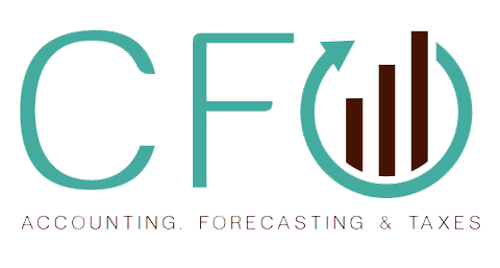Common Homeowner’s Insurance Terms That You Should Know
While homeowner’s insurance isn’t required by law, it is often required if you are taking out a mortgage in order to purchase your home. There are a lot of things that you need to think about when purchasing homeowner’s insurance, including what types of coverage you think you need. This can be a challenging task, especially if you are not up to date on your homeowner’s insurance terminology. The following is a list of terms that you will need to know when comparing and choosing homeowner’s insurance policies:
- Additional living expenses – Coverage for temporary housing, food and other living expenses as a result of your home being temporarily uninhabitable.
- All-risk policy – A homeowner’s insurance policy that covers damages caused by all perils except for those that are specifically listed in the policy.
- Appraisal – The evaluation of the value of your property or the damaged property value for your home insurance property claim.
- Declarations page – The page in your insurance policy that summarizes the entire insurance policy, from the personal information of the insured person to the specific coverage that the policy provides as well as the costs of the insurance and the effective dates.
- Deductible – The specific amount of money that you will have to pay in a loss before your insurance company will make any payments for your coverage.
- Depreciation – The decrease in your property’s value over time due to wear and tear as well as other factors.
- Endorsement – Any written agreements that are attached to your homeowner’s insurance policy that either expand or limit your benefits. Endorsements are also commonly known as riders.
- Exclusion – Anything that is specifically listed in the policy that is not covered by the insurance you have chosen, whether it’s certain persons, property or circumstances.
- Inflation protection – A form of coverage that will protect you financially by adjusting your policy limits to help cover for any increase in costs to repair or replace damaged property.
- Lapse – The termination of your insurance policy if you do not pay your renewal premium by the end of your grace period.
- Liability coverage – A coverage that protects you financially in case someone is injured on your property or if someone else’s property is damaged on your property.
- Market value – The combined value of your home and your land.
- Named peril policy – An insurance policy that only covers damages caused by perils (such as fire, floods, windstorms and more) that are specifically listed in the policy.
- Premium – The amount of money that you have to pay to your insurance company, usually on a monthly basis, in order to be provided with coverage.
- Property coverage insurance – Coverage that protects you against any loss or damage done to your property and land.
- Real property – The term used for your land as well as anything that is permanently attached to it, embedded in it or growing on it. Also referred to as tangible property.
- Replacement cost coverage – There are two types of replacement cost coverage. The first pays for the costs of replacing any damaged property without factoring in any deductions for depreciation. The second pays for personal property that was damaged or lost at current value without factoring in any deductions for depreciation.
Become familiar with these homeowner’s insurance terms in order to get a better understanding of the policy that you choose.

